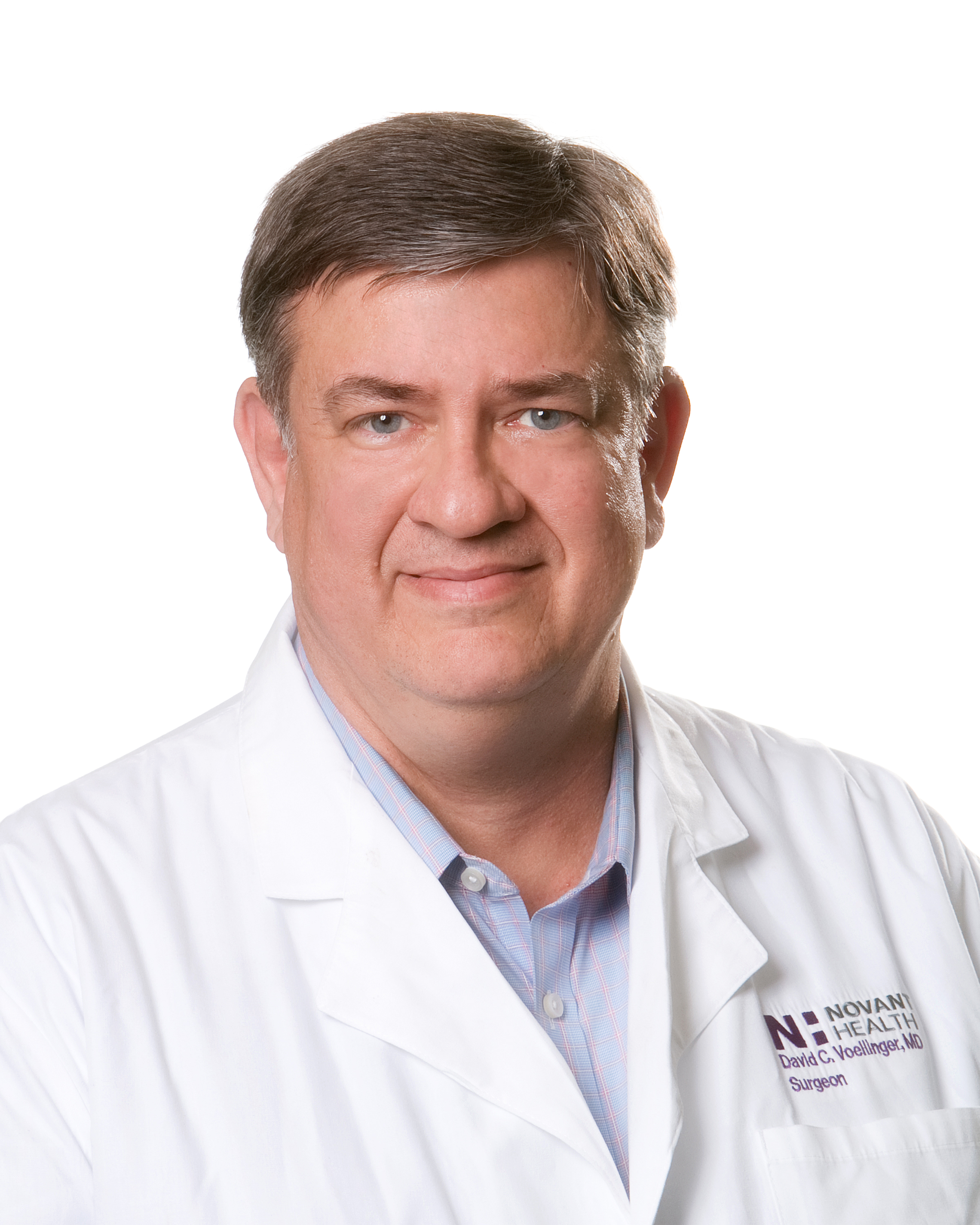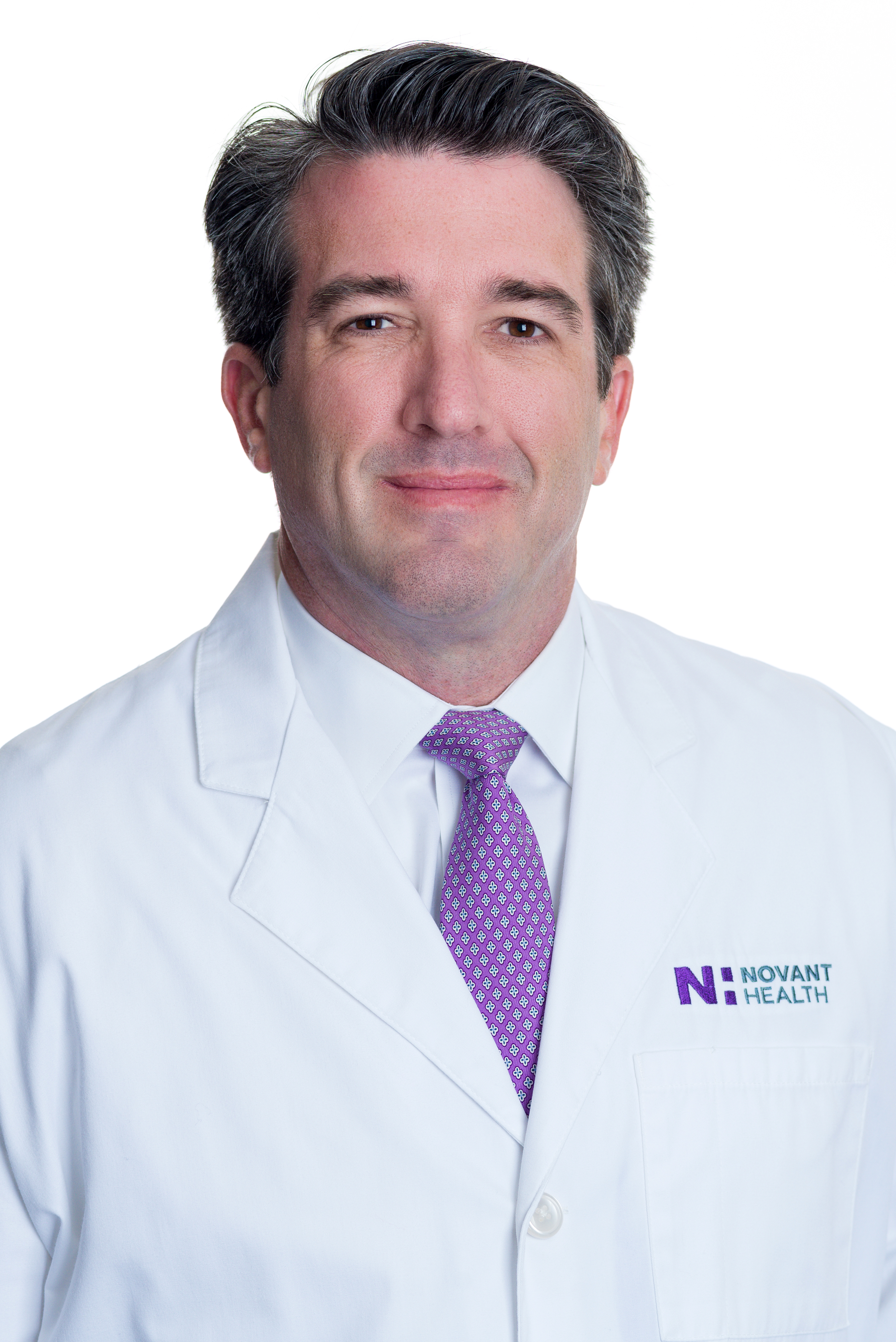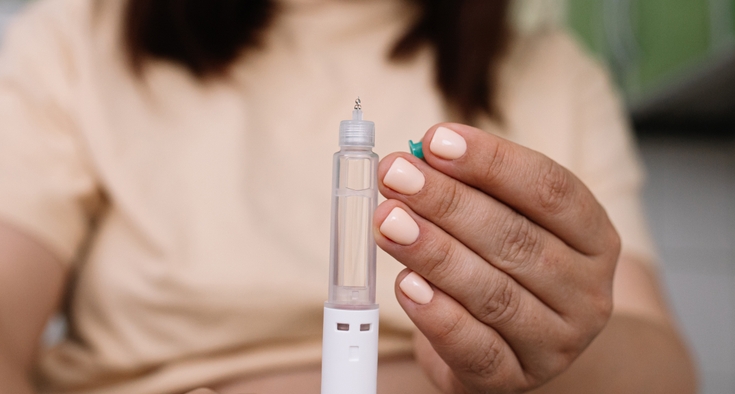Novant Health's bariatric surgeons follow the philosophy that helping patients achieve sustainable weight loss requires a comprehensive, holistic approach. While there have been notable advancements with GLP-1-type medications, medication alone generally isn’t enough to set patients up for sustainable weight management. Surgical options can help patients take a big leap toward sustainable change, with the addition of lifestyle management support services to complete the care plan.

“Many factors go into decisions for patient care plans at Novant Health, including how much weight loss is needed to improve their health and their goals based on desired weight loss,” said Rhonda Mough, MD, obesity medicine at Novant Health General Surgery & Bariatrics in Wilmington.

“We believe in a multimodal approach to weight loss to include lifestyle, medical and surgical management,” said David Voellinger, MD, Charlotte-area bariatric surgeon at Novant Health Bariatric Solutions in Charlotte. “Novant Health bariatrics treats the whole patient by not just focusing on anatomical change but focusing on the lifestyle change that patients must make to be successful in the long term. This includes nutrition, exercise, behavioral change, stress management and sleep hygiene.”
Why isn’t medication enough for long-term weight management, and how does surgery help fill the gap?

“GLP-1 medications have been an excellent tool for helping people who suffer from obesity, particularly when prescribed in conjunction with a solid dietary and movement plan,” said Neil McDevitt, MD, bariatric surgeon at Novant Health General Surgery & Bariatrics in the Charleston area. “Thus far, medications usually provide about 20% excess body weight loss, which is often inadequate to improve a patient's overall risk, whereas surgery usually provides 40% to 80% excess body weight loss initially. It is important to recognize that each has a role and needs to be tailored to the patient's individual needs and abilities.”
Surgery targets a number of health conditions, not just excess body fat.
“Metabolic syndrome is a bundle of medical conditions associated with excess body fat, specifically high blood pressure, high cholesterol and diabetes,” Dr. McDevitt said. “When a patient has bariatric surgery, it improves all four of these conditions, especially diabetes, where we see about 80% of diabetics actually achieve remission. They can come off all of their diabetes medications and their A1C returns to normal levels. That is the power of bariatric surgery and why I consider it metabolic surgery with the added benefit of weight loss.”
“We work to offer patients a comprehensive solution for weight management for their lifetime, and surgery can help support that."

This year, Dr. Stokes successfully preformed the first SADI-S procedure in the Wilmington area. This procedure, for example, offers multiple benefits, including improved nutrient absorption by preserving more of the intestine, while restricting food intake and restricting the production of the appetite-stimulating hormone ghrelin.
Bariatric surgeons across the system offer minimally invasive approaches, including laparoscopic and robotic adjustable gastric banding, vertical sleeve gastrectomy, Roux-en-y gastric bypass, one anastomosis gastric bypass, single anastomosis duodeno-ileal bypass (SADI), biliopancreatic diversion with duodenal switch and revisional surgery.
Why isn’t surgery enough, and how does lifestyle management get factored in?
“Patients need to be supported in losing weight in a healthy manner,” Dr. Mough said. “That’s why prescriptions and surgery always come with discussions about lifestyle management, and recommendations about accessing those services.”
“Care collaborations are a critical part of treating obesity, as we are asking patients to completely change their understanding and relationship with food,” Dr. McDevitt said. “This is hard, and we rely on our dieticians to help educate patients about nutrition, and psychiatry to help them navigate the struggles that come from making such significant changes.”
Novant Health’s bariatric surgeons and bariatric surgery centers are nationally recognized for excellence in weight-loss surgery, backed by a focus on patient safety and quality outcomes.
Accolades include the accreditation of Novant Health Forsyth Medical Center, Novant Health Huntersville Medical Center, Novant Health Kernersville Medical Center, Novant Health Matthews Medical Center and Novant Health Presbyterian Medical Center under the Metabolic and Bariatric Surgery Accreditation and Quality Improvement Program (MBSAQIP), a joint quality program of the American College of Surgeons (ACS) and the American Society for Metabolic and Bariatric Surgery (ASMBS).












